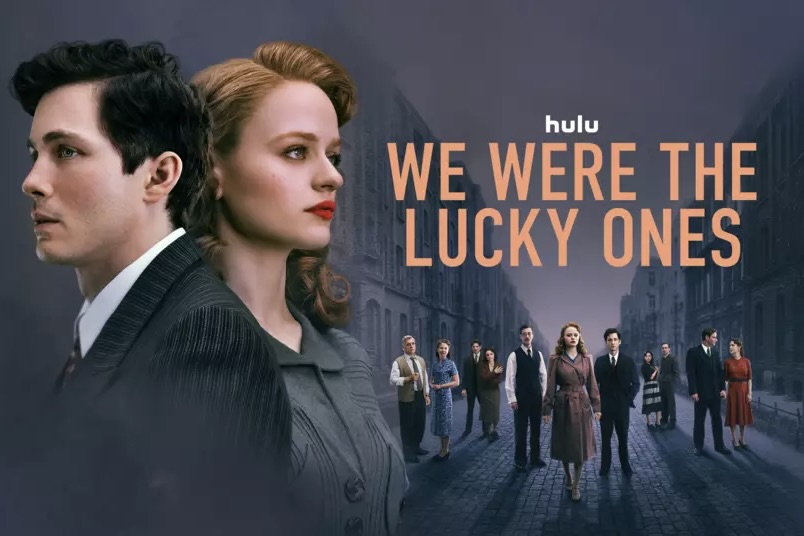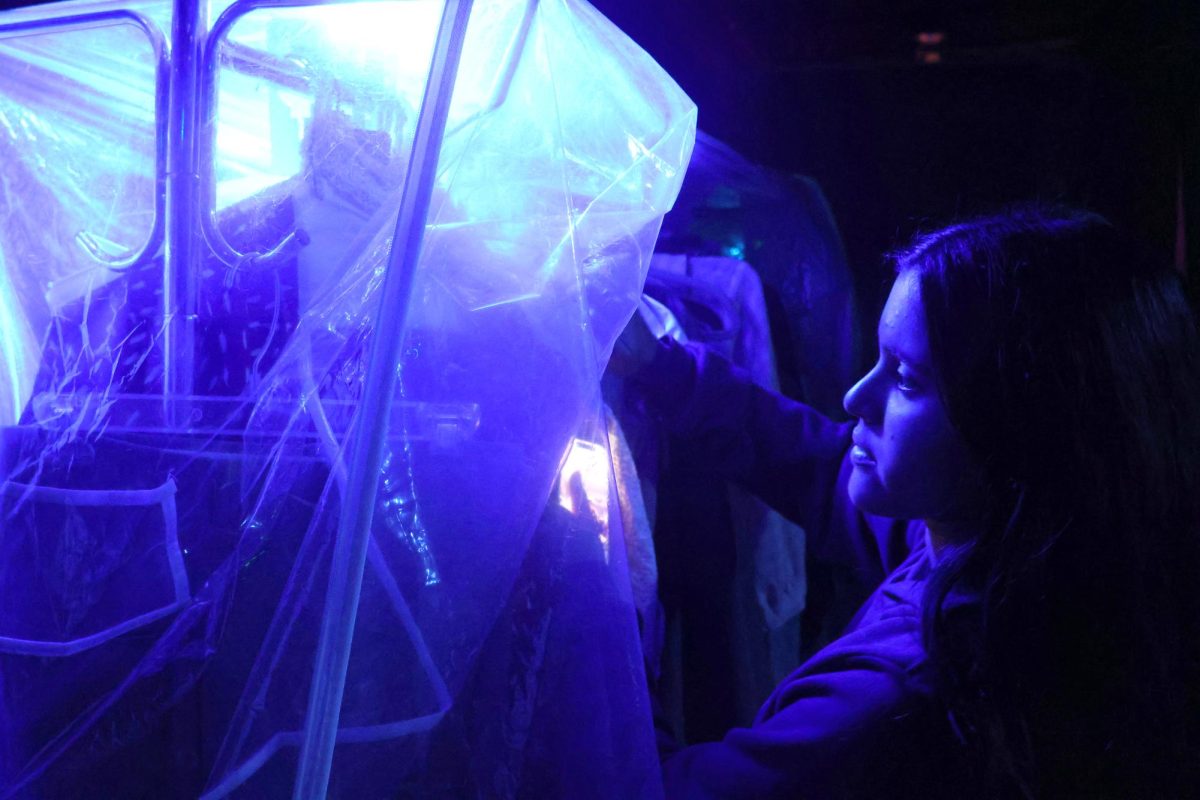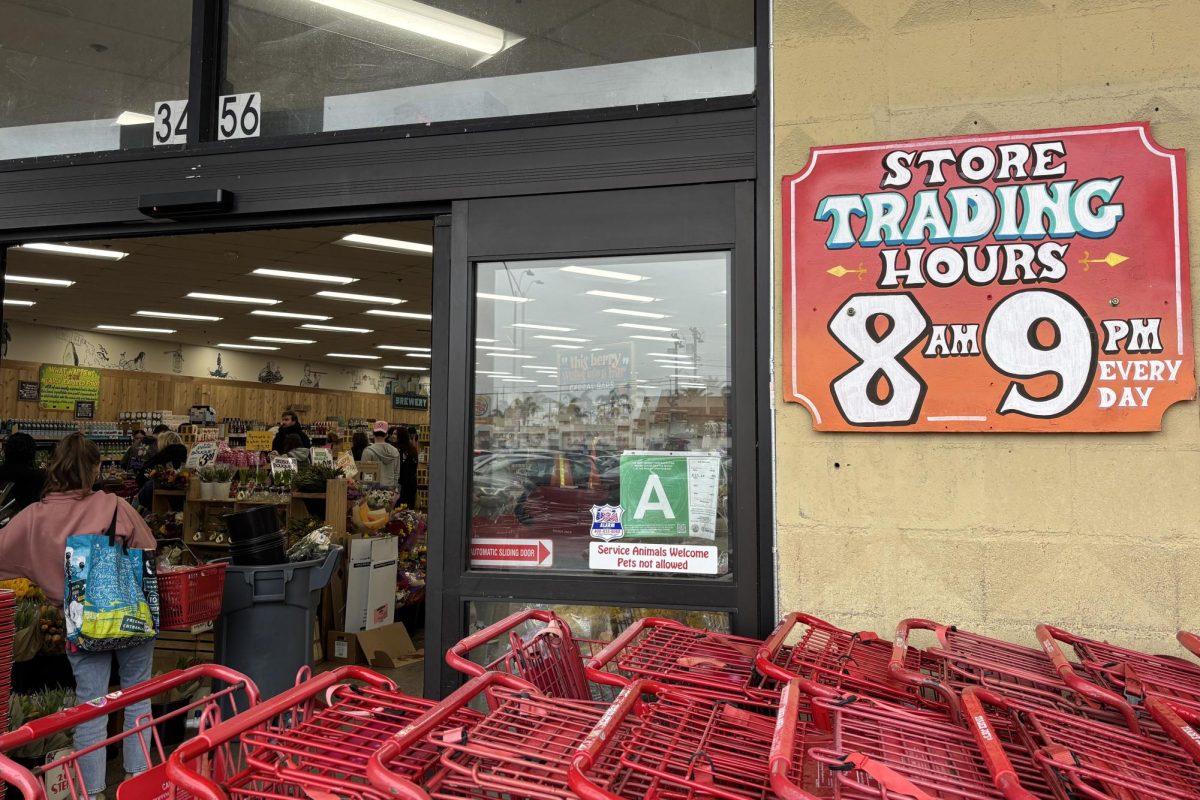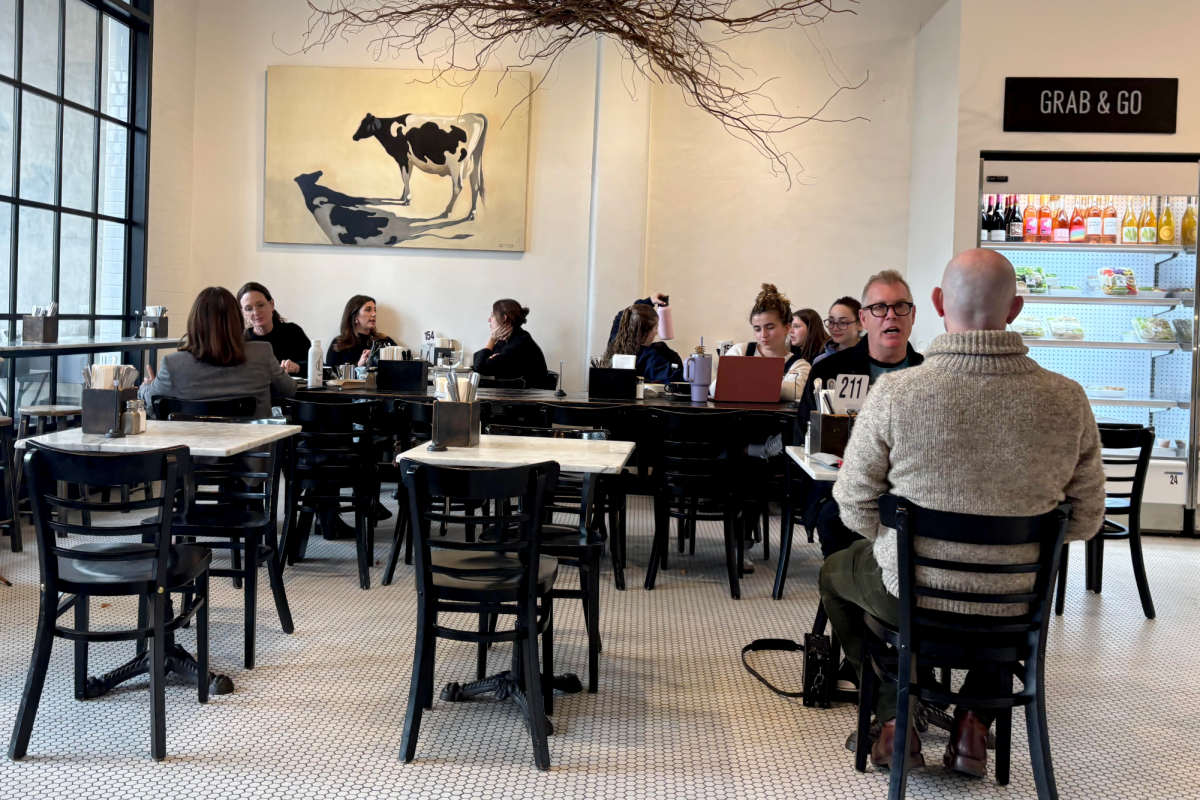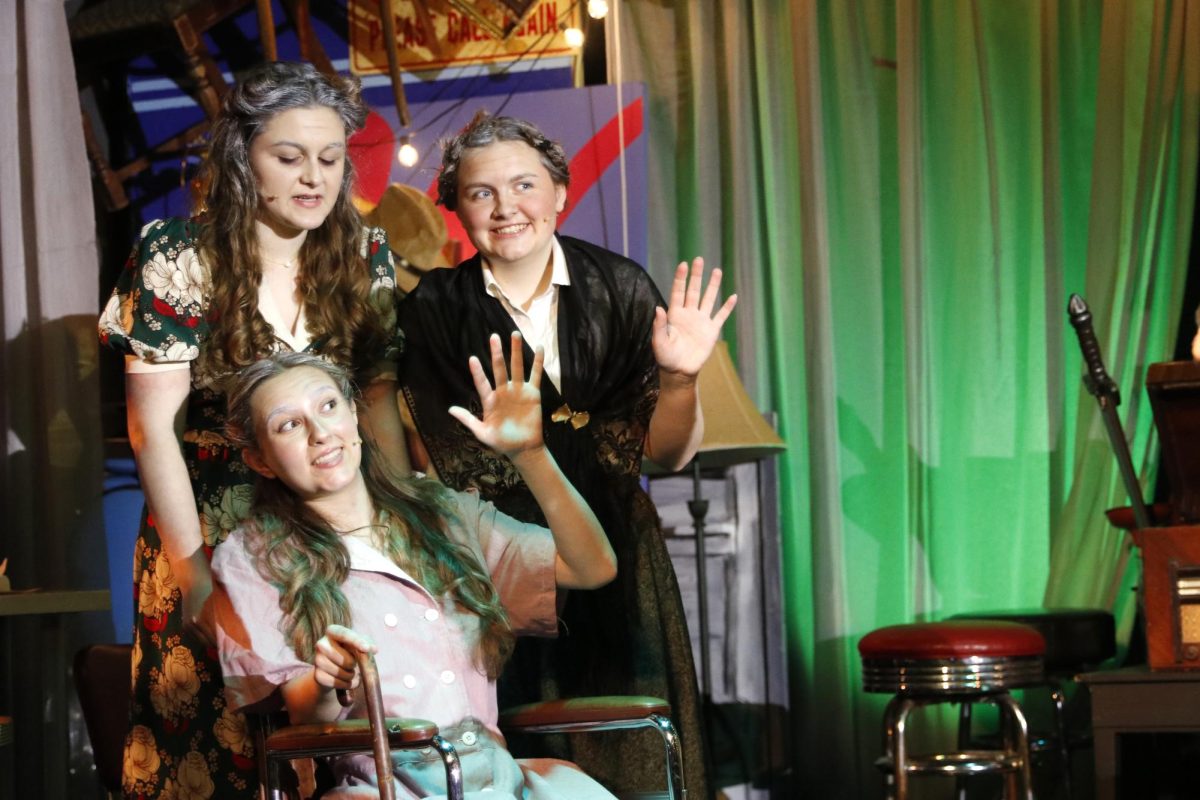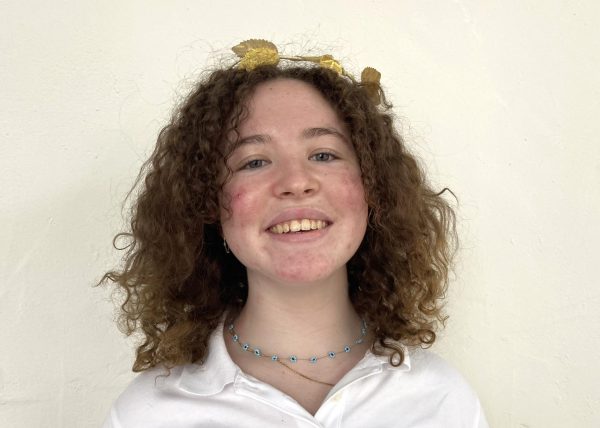As I watched the Kurc family gather for Passover seder in the first episode of “We Were the Lucky Ones,” I felt a sense of nostalgia. I immediately knew I was going to love the show when I viewed the family sitting around the table, laughing and talking all together.
“We Were the Lucky Ones” centers on the Kurc family, a Jewish family living in Poland at the start of World War II. The series follows each family member as they endure harrowing journeys to be reunited after being separated at the beginning of the war.
The Hulu series is based on Georgia Hunter‘s novel. “We Were the Lucky Ones” is a fictionalized version of Hunter’s real family story during World War II, as Hunter is the granddaughter of Addy Kurc, who Logan Lerman depicts in the show.
Watching the Kurc family’s story and dynamics, I thought about how much they remind me of my own family. Although they left Eastern Europe 40 years before the war, my Ashkenazi Jewish family also faced pogroms and religious persecution in Austria and Lithuania in the 1890s. They are also incredibly loving, close-knit and boisterous, which made “We Were the Lucky Ones” even more captivating to me.
When the series begins, in 1939, the Kurcs live in Radom, Poland. The seder portrayed in the first episode is their last together before the war breaks out.
Although the series primarily focuses on the Kurc children, the parents’, Sol (Lior Ashkenazi) and Nechuma Kurc (Robin Weigert), stories are equally as fascinating. They were successful owners of a fabric store in Radom until the Nazis seized it. It was heartbreaking to see them lose not only their store, but also the home they raised their children in and the town they loved as they knew it before the war.
All of the Kurc siblings’ stories had me sitting at the edge of my seat, captivated by their fortitude and determination.
Geneck (Henry Lloyd Hughes), the oldest Kurc, is a lawyer who moves to Lvov with his wife Herta (Moran Rosenblatt) after enlisting in the Polish army. Geneck’s storyline was extremely impactful, especially because the series thoroughly demonstrated his and Herta’s harrowing experiences at a labor camp in Siberia.
Mila (Hadas Yaron), the oldest daughter, lives near her parents in Radom with her newborn baby when her husband Selim (Michael Aloni) moves to Lvov to join the Polish army. She goes on an incredible journey, which will have you holding your breath, to keep her daughter safe throughout the war.
The next Kurc, Jakob (Amit Rahav) is a photographer and law student, who is in a relationship with his long-term girlfriend Bella (Eva Feiler). Their relationship and journey together are incredibly compelling. As a viewer, you know they will never leave each other’s side, and that their love for each other is what kept them going. There are many sweet and emotional scenes between them that will have viewers crying tears of both joy and heartbreak.
Addy’s journey was especially filled with uncertainty and anticipation. Addy, the second youngest Kurc, is an engineer and composer living in Paris to further his career. As Paris is over 1,000 miles away from Radom, Addy has the most difficult time contacting his family. His motivation for security moved me, as he even found the Jewish-allied Brazilian ambassador, Souza Dantas, at his hotel in order to attempt to get a visa.
While every story in “We Were the Lucky Ones” is impactful, I was the most captivated by Halina (Joey King), and her unwavering strength and fortitude. When the series begins, she is a scientific researcher living with her parents in Radom. She becomes close with Adam (Sam Woolf), an architect boarding in their apartment. Adam is extremely important to her growth and her story. She not only goes to extremely great lengths to ensure her family is protected, but she and Adam also both join the Polish underground resistance movement to fight against the Nazi’s deep-rooted antisemitism and support many Jews around them.
One heartbreaking aspect of the series was that so many people had to sacrifice their Jewish identities for their well-being. Halina and Adam made fake IDs for themselves with a “less Jewish” last name in order to attempt to outsmart the Nazis and Soviets. Geneck even asks a fellow soldier to teach him how to be Roman Catholic at one point in the series.
The production of “We Were the Lucky Ones” is extremely well done. The sets, costumes and the warmth of the lighting drew me into the Kurc’s world right away. I loved the score, especially the theme, as I noticed how reminiscent it is of the iconic “Schindler’s List” theme. Alumna Georgia Ehrlich’s (’23) father, Jon Ehrlich, was a co-composer for the series, along with Rachel Portman.
Although “We Were the Lucky Ones” takes place in such a heartbreaking time, the amount of love and hope in the series is inspiring. It gives me hope that the antisemitism I have seen in 2024, as a young Jewish woman, will subside and I, along with so many other Jews will feel safer soon.
Watching “We Were the Lucky Ones” made me incredibly proud to be Jewish and to be a descendant of Eastern European Jewish immigrants. “We Were the Lucky Ones” is an amazing, moving reminder of how powerful love, determination, passion and hope can truly be.
-
Story
-
Acting
-
Technical Quality
-
Enjoyment
-
Impact
Summary
Based on author Georgia Hunter’s novel of the same name, “We Were the Lucky Ones” is a powerful, moving mini-series that centers on the Kurc family, a Jewish family living in Poland during the Holocaust. The series follows each family member’s journey as the family is separated in their attempts to reach safety and reunite once again.



